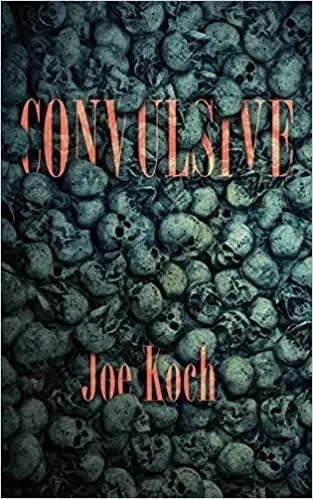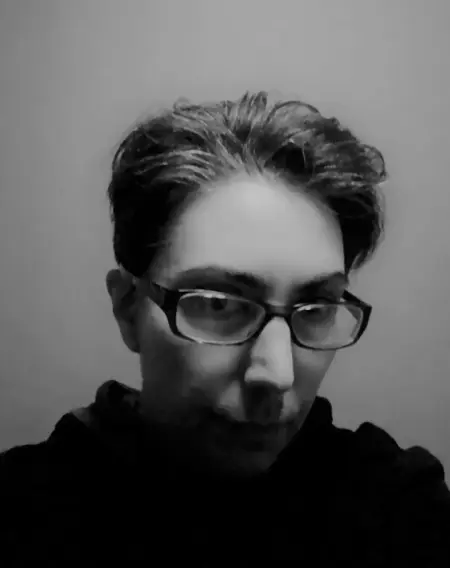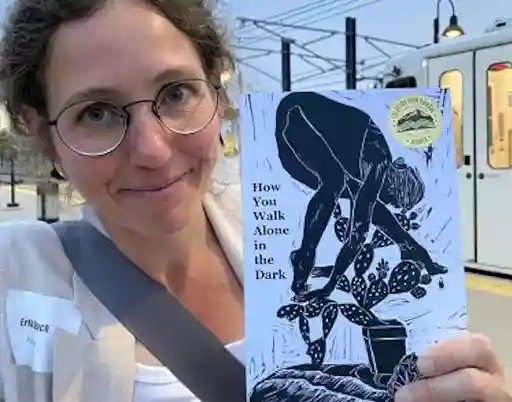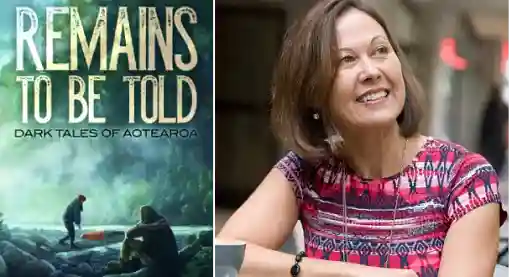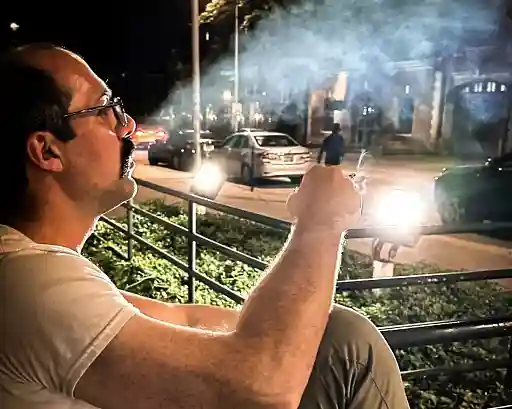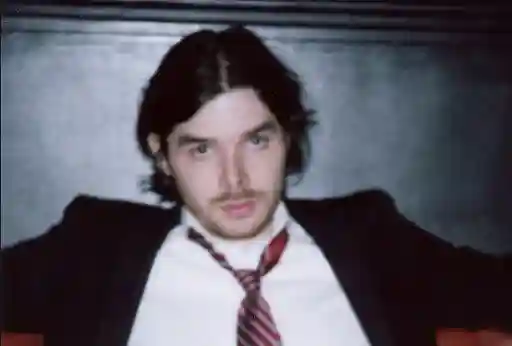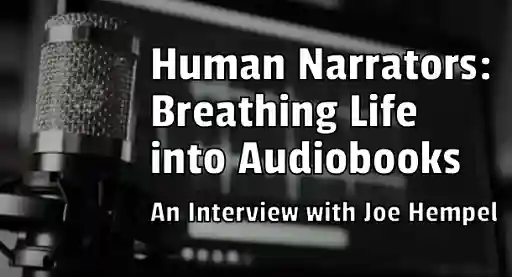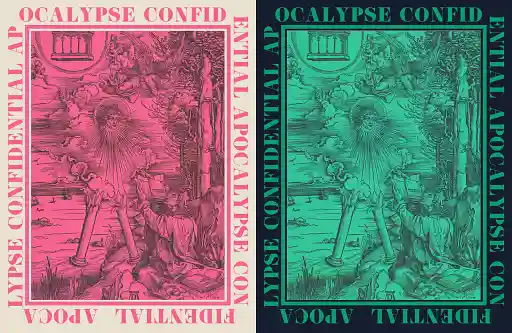Thanks to Joe for agreeing to this interview. I've been seeing so much buzz surrounding his new collection, Convulsive (releasing on April 19th from Apocalypse Party), that I was compelled to sit down with him for some questions. So let’s get right into it!
Having interacted with you a bit online through social media, I also associate you with your handle, @horrorsong, which is so beautiful. Is there a personal connection to these words, which brand your website and platforms?
Thank you for saying so! “Song” for me captures the idea of a poetic or ecstatic feeling I’m seeking when I write horror. My intention is to reach for something beyond an average shock or gross-out effect. I don’t think I write what people call “elevated horror,” though. I think it’s more basic and grounded, or I hope so. I’m not an academic by profession. I grew up on food stamps, and you don’t need to be educated or filthy rich to sing well, right? Song and voice can come from anyone, anywhere. So horrorsong is a little brand I made up to say, here’s my voice, for what it’s worth.
I think that translates so well. Can you talk a little bit about your new release, Convulsive? The synopsis sounds deeply personal, almost intimate.
All good writing is intimate, isn’t it? The whole point of horror fiction is glimpsing the unseen or knowing about the unknown and getting into the things we keep hidden, isn’t it?
Convulsive compiles fifteen stories from the best of the fifty or so I’ve had published, and includes those most closely bound together by themes of religion, abuse, desire, and gender. A big part of my life before writing was listening. I studied psychotherapy and worked in intake assessment, reproductive care, neuropsychological testing, and crisis counseling for over twenty years. That work history left me with a big storehouse of direct experience with the very intimate struggles and secrets people usually hide from themselves and others. It also left me with a certain amount of trauma, because witnessing pain, confusion, and abuse day after day is hard. It takes a lot out of you.
There’s a bit of exorcism of trauma in the stories in Convulsive. Some is personal history, and some is what I absorbed as a witness to the trauma of others. I feel strongly compelled to make secrets known because secrecy enables abuse, shame enables secrecy, and patriarchal systems of oppression keep survivors from thriving. It makes me angry.
But there’s a lot of wild, trippy, and fun horror stuff in these stories, too! Mind-blowing and complicated is kind of my thing, so like real life, the difficult and painful things intersect and contrast with pleasures. And some of the most intimate, personal details in Convulsive are not the ones you’d expect!
For example, a few of my favorite memories are woven into “The Object of Your Desire Comes Closer,” a cosmic horror story about an orphaned generation ship and its ecologically trained Minister of Earth. His description of an arborist pruning a large tree back on Earth with nothing but a handsaw on mountain climbing ropes came straight from my garden; so much of that story did. I suppose like all writers, bits and pieces of my life become woven into the final drafts of the stories, so there’s a sense of veracity and joy within much of the horror. You have to go through horror to get to joy, after all. You can’t go around it.
I love that last line! We need a tee-shirt with that quote on it. In your initial announcement for Convulsive in October 2021, the artwork represented a different season in your life. Can you speak to your experience coming out to the horror community? Was the response what you expected? Anything you would have done differently in hindsight? Any kind of encouragement you’d like to share with authors who might be unsure of how to go about sharing a similar life transition?
You’re very delicately mentioning that I changed my name from Joanna Koch to Joe Koch. I appreciate how awkward it must feel to bring up these questions and tiptoe around the old name, because usually it’s an insult to use a transgender person’s deadname or ask directly about details of transition.
In my case, which is not representative of anyone else, I spent over 50 years as that other person. That’s a lot of time and history. In a way, she still kind of exists out there in author bios and in photographs online. The old name is still on my novella, “The Wingspan of Severed Hands,” due to the difficulties of changing the author name on an existing publication, so I accept that her ghost will continue to follow me, at least for a while.
I don’t have any regrets about how I handled coming out to the horror community. Friends online were amazingly supportive. Even my change of pronouns before making any other changes or announcements was fully embraced. A few people made mistakes, but I feel like we’ve all been learning a new language over the past decade, some quicker than others, and no one was rude when corrected. I suppose it’s possible there are people behind my back laughing at me or criticizing me, but I remain blissfully unaware at this point.
I wouldn’t say the way I came out is a good template except that I took control. You and only you should choose how much and when to share, or if you share anything at all. In contrast to my personal life where I was pressured, bullied, and outed, and therefore handled many situations badly with lasting damage and loss, online I had control over what information I shared. I made incremental changes to my pronouns, profiles, pictures, and bio to test the waters. The gradual changes probably made things harder than they needed to be, so when I asked my new publisher if we could change my name on the cover of Convulsive after the art was done and they said no problem, a huge weight lifted.
It’s such a joy not to live a double life.
Thank you for sharing that with me, Joe. How would you describe your work, and your storytelling style to a new, potential fan browsing your books at a Con or Book Festival?
Well, realistically I’d be tongue-tied and sweaty because that sounds a bit terrifying! I did a few art festivals and gallery shows when I was a visual artist, and I was always inclined to eavesdrop and let the work speak for itself, but now that I’ve moved on to using words, I suppose with some practice and planning I might show up in public as an author one day. No promises, though!
I write cosmic horror and body horror in a kind of hybrid, hyper-poetic way. Laird Barron described my style as “poetic fury.” I’d say my intention is transformational, sort of Terrance McKenna meets Clive Barker. I like to mash intensity and ambiguity together so that you as a reader must participate. I want you in the drama. For instance, in my novella The Wingspan of Severed Hands, the main character’s world is very visceral and represented in a way that a few readers told me made them feel physically sick, yet they were unable to quit reading because the language “hypnotized” them. I’m just telling you what they said; I know it sounds overblown! It sounds like a movie advertising that you’ll faint in the aisles! And of course, other readers quit the book because it was just too much for them, which is fine. I do ask a lot of the reader. I built a little bit of a cult following with Wingspan because it’s an experience to read as much as a story. People talk about it infecting their thoughts long after they’ve finished, which is so cool to hear.
I like to do some This or That questions just for fun. I hope you’re ready! Lightning round:
Camping or Hotels? Hotels, but I desperately want someone to teach me to live in the wild!
Beach or Mountains? Mountains!
Supernatural or Paranormal? Supernatural.
Meat or Vegetables? Veggies, but I really want both!
Movies or Books? Both. I refuse to make a choice..
Physical or Digital? Always physical!
Dogs or Cats? Cats.
Email or Snail Mail? Email.
Texts or Phone Calls? Texts.
Glasses or Contacts? Glasses.
Sweater Weather or Suns Out, Guns Out? Sweaters and layers and blanket forts, please!
Introvert or Extrovert? I think you know the answer. Introvert.
Do you have any secret goals or milestones that you’re looking forward to crushing in the near future?
I have two unfinished novellas, one in a complete first draft that I feel strongly about. I need to finish and publish one of them. I will finish one of them; I’m promising myself I’ll do this before the end of the year. Please, hold me to it!
But it’s been a rough year or two, and while I’ve kept up on short story goals and book publishing goals with the new collection, I’m also trying to respect my need to grieve and recover from the pandemic and other some personal losses. I’m all for crushing goals when it pleases your soul, but I do think we’re brainwashed a bit too much to push the creative organism overboard and cultivate burnout. My ultimate goal is to write well and write better, and treating myself like a machine that makes content is not the way to accomplish that.
We're going to hold you to it! Have you made any plans for in-person bookish events this year?
No, I haven’t. I’m emerging slowly from pandemic life because I don’t feel sure what is or isn’t safe. There’s a ton of contradictory information out there. I’m at an age where I don’t take a cavalier attitude towards health threats.
What was the most disappointing thing you learned about yourself during the pandemic and what was the most surprising? The most uplifting?
Where to start! Because the pandemic time frame mirrors my early transition, the personal growth boom has been huge. So many changes, losses, gains, moves, and moods. I guess I’m most surprised to learn that I don’t crave isolation as much as I thought. I used to wish I could go out in the woods forever and never see people again. In fact I spent most of my life wanting nothing more than isolation; even as a kid, instead of enjoying the playground I imagined a sort of “Omega Man” situation as the best thing that could happen! But that was all part of being closeted, and I mean closeted to myself, not only to other people. I didn’t know myself and I didn’t know how to be myself around people so I avoided them. I certainly still need privacy, time alone in nature, and an environment that is not subject to chaos, but I no longer fantasize that I’d be happier on a deserted island. Now that I don’t need to perform a false persona, I can enjoy other people. It’s surprising and definitely uplifting.
Joe Koch, a writer of dark things, is there anything that is too dark for you? Anything you’re afraid of?
I’m a big chicken about daredevil things like rollercoasters and haunted houses. Carnivals are full of axe murderers, and you cannot convince me otherwise. I’d never go bungee jumping. Hell no. I’d be absolutely paralyzed in a plane crash, even with a parachute. Yes, I’m certain I’d have a heart attack in mid-air after being pushed—because I would be too scared to jump—and that would be the end of it. Dead before I hit the ground. Dinner for the wolves.
On a serious note—even though it sounds really cheesy—what scares me most is the thought of dying alone, without ever being loved for who I am. It’s so corny! But I didn’t know myself in the past, not really, so how could my partners really know me or genuinely love me? I didn’t have nurturing parents, either. It’s that existential fear of vanishing, of nonexistence erasing one’s impact or imprint and the looming threat of erasure’s immanence rendering all action meaningless. It’s the kind of fear that makes people turn to religion. Someone very close to me did that and ruined their life. I guess writing that story is too dark for me right now. I’ve thought many times about writing it, but not yet. It’s too dark. That’s the story I’m afraid to tell.
Having said that, I want to drop my current project immediately and start drafting now! That’s how my mind works. The darker, the better.
Lastly, there has been discourse in the horror industry about separating or not separating the artist from the art. Do you care to weigh in on this discussion with me?
It’s interesting to end a conversation where I’ve been very frank about personal information by saying it’s nobody’s business, but that’s the truth! What I think, feel, or do as a human shouldn’t have any effect on whether or not you enjoy my writing. Readers who try to extrapolate the author’s personality from their fiction and then judge the morality of the author based on this imaginary person they have concocted are quite bizarre to me. On a superficial level, I want to say, get a life. Meet some real people. Get outside.
It’s a bit of a digital disease. The problem is in seeing only the surface that’s presented and mistaking it for the full human, which is how we tend to present online. I’m lucky as an older person and a keeper of many secrets to have seen people in much more multifaceted forms, so to speak. I’ve also made it a practice to look for many facets. That nice lady serving your lunch at the diner has a whole backstory and drama of epic proportions you will never know. She may be a former murderer. I think about this all the time when I interact with people. There is so much we don’t see, and without all the information—information we’ll never have—we cannot put ourselves in a position to judge who is allowed to write what.
How can fiction possibly be transgressive or transformational if the writer is afraid of exploring the forbidden and unseen? How can readers expect a true and rich experience if they a priori stake out specific boundaries? I feel strongly that art and fiction matter, and though these documents we call stories are little monuments to our past selves, they are not us. Let the “death of the author” prevail; we are more than the sum of these parts.
Well, I'm a fan of the last line in this interview as a closing statement:
Let the death of the author prevail; we are more than the sum of these parts.
Get Convulsive at Bookshop or Amazon
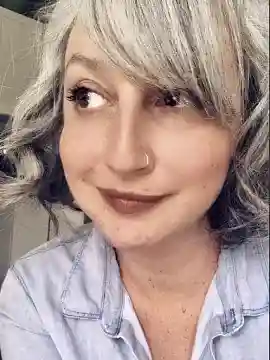
About the author
Sadie Hartmann, “Mother Horror” reviews horror fiction for Cemetery Dance Online and Scream Magazine. She is a co-owner of a curated, horror fiction book subscription company called Night Worms. She lives in the Pacific Northwest with her husband, kids and Frenchie.
